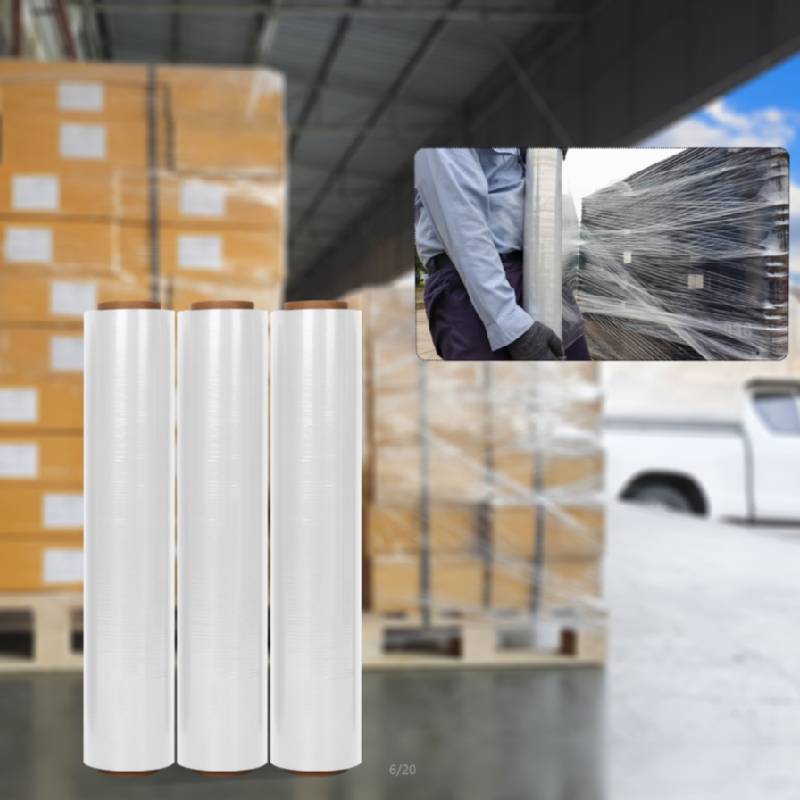Exploring Eco-Friendly Water-Soluble Biodegradable Bag Innovations for Sustainable Packaging Solutions
The Rise of Water-Soluble Biodegradable Bags A Sustainable Solution for the Future
In recent years, the growing concern for environmental sustainability has led to innovative solutions aimed at reducing plastic waste. One of the most promising developments in this area is the advent of water-soluble biodegradable bags. These bags represent a significant step toward addressing the lingering issues associated with traditional plastic bags, which take hundreds of years to decompose and often contribute to environmental pollution.
Water-soluble biodegradable bags are designed to dissolve in water, breaking down into non-toxic components, typically derived from natural materials like starches or polyvinyl alcohol (PVA). Unlike conventional plastic bags, which can break down into microplastics, water-soluble options ensure that the end products are safe for both the environment and human health. This characteristic makes them particularly appealing for use in various industries ranging from agriculture to food packaging.
The Rise of Water-Soluble Biodegradable Bags A Sustainable Solution for the Future
Moreover, water-soluble biodegradable bags are becoming increasingly popular in agricultural applications. Farmers can use these bags to contain seeds or fertilizers without the concern of long-term waste. Once they have served their purpose, exposure to rain or irrigation water will cause the bags to dissolve, enriching the soil without introducing harmful chemicals. This aligns perfectly with sustainable farming practices and helps to minimize the carbon footprint of agriculture.
water soluble biodegradable bag

The versatility of water-soluble biodegradable bags extends beyond agriculture. In the food industry, these bags can be used for packaging perishable goods, providing a practical and eco-friendly alternative to conventional plastic packaging. As consumers become more environmentally conscious, businesses that adopt this sustainable practice can enhance their brand image and appeal to a growing demographic of eco-aware customers.
However, despite their many advantages, it is essential to recognize that water-soluble biodegradable bags are not a panacea for the plastic pollution crisis. Awareness of proper disposal methods is crucial. While these bags dissolve in water, they require specific conditions to do so efficiently. If they are discarded incorrectly, they may still contribute to environmental pollution. Thus, education and proper labeling are key components in promoting responsible use and disposal.
Furthermore, the production of water-soluble biodegradable bags should be scrutinized to ensure that the entire lifecycle of the product, from manufacturing to disposal, remains sustainable. The raw materials used to create these bags must be sourced responsibly to avoid negative impacts on land and resource use. Only by considering these factors can we ensure that water-soluble bags live up to their promise of being an eco-friendly alternative.
In conclusion, water-soluble biodegradable bags represent a forward-thinking response to the challenge of plastic pollution. Their ability to dissolve safely in water and decompose in a controlled manner offers a viable solution for businesses and consumers looking to reduce their environmental impact. While they are not without their challenges, the benefits of these innovative products cannot be overlooked. As we continue to explore sustainable alternatives, water-soluble biodegradable bags may play a crucial role in our pursuit of a cleaner, greener planet. It is imperative for individuals, businesses, and policymakers alike to support the adoption of such technologies as we forge a path toward a more sustainable future.
-
The Best Uses for Small Trash Bags in Daily LifeNewsJul.01,2025
-
Stylish Reusable Grocery Bags TrendsNewsJul.01,2025
-
Shipping Advantages of Using Bubble Envelopes BulkNewsJul.01,2025
-
How Compostable Mailing Bags Reduce Environmental ImpactNewsJul.01,2025
-
Environmentally - Friendly Bulk Poly MailersNewsJul.01,2025
-
Eco Friendly Custom Laminated Tote BagsNewsJul.01,2025
-
Have the freedom of customizing your custom mailers any way you want! Our dedicated packaging support will help deliver you the mailing experience you need to elevate your shipping experience to the next level! Start making a strong impression on your customers and stand out from your competitors! -
LIYA uses high quality raw materials which directly purchased from large enterprises domestic and overseas such as PetroChina, Sinopec, Sabic, Equate, ExxonMobil, Dow Chemical, Total, and Borouge, ensuring the price advantage and quality of the raw materials. -
LIYA uses high quality raw materials which directly purchased from large enterprises domestic and overseas such as PetroChina, Sinopec, Sabic, Equate, ExxonMobil, Dow Chemical, Total, and Borouge, ensuring the price advantage and quality of the raw materials.





